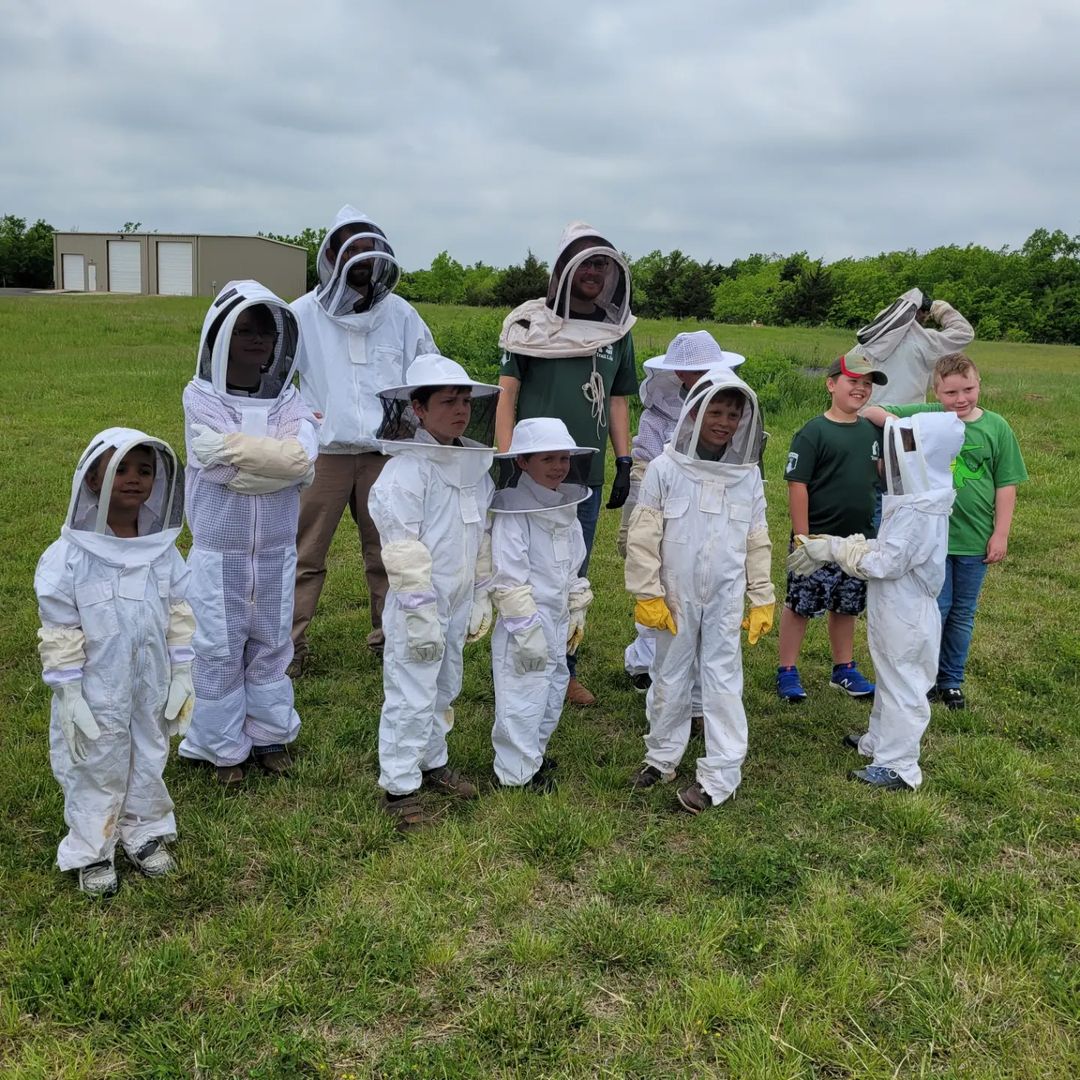The importance of young beekeepers in safeguarding the environment and humanity
Welcome, young beekeepers! Today we will explore the wonderful world of beekeeping and the crucial role you play in preserving the environment and humanity in the long term. Are you ready to become a beekeeper and protect our precious biodiversity? Let's get started!
The role of bees in the ecosystem: Bees play a vital role in our ecosystem. In addition to producing delicious honey, they are responsible for the pollination of plants. Without them, many of the plants that provide us with food, such as fruits, vegetables and seeds, would not be able to reproduce. Bees carry pollen from flower to flower, allowing plants to produce seeds and fruit. Without bees, our food chain would be severely compromised.
Benefits of beekeeping for the environment and humanity:
Our role as a society: As a society, we have a duty to educate and inspire young beekeepers. Here are some actions we can take to achieve this goal:
Conclusion: Dear young beekeepers, your role in safeguarding the environment and humanity is of utmost importance. Your bees are precious guardians of biodiversity and contribute significantly to our food chain. We are grateful for your commitment and encourage you to continue cultivating your passion for beekeeping. Together, we can build a sustainable and sweet future!
The role of bees in the ecosystem: Bees play a vital role in our ecosystem. In addition to producing delicious honey, they are responsible for the pollination of plants. Without them, many of the plants that provide us with food, such as fruits, vegetables and seeds, would not be able to reproduce. Bees carry pollen from flower to flower, allowing plants to produce seeds and fruit. Without bees, our food chain would be severely compromised.
Benefits of beekeeping for the environment and humanity:
- Biodiversity conservation: Beekeeping helps to preserve biodiversity by protecting bees and their colonies. The more beekeepers are committed to caring for bees, the more they contribute to maintaining a healthy balance in the ecosystem.
- Improving agricultural production: Bee pollination increases crop yields, improving the quality and quantity of crops. This has a direct impact on our food security and agricultural sustainability.
- Protecting endangered species: Bees are essential to the survival of many species of flowers and plants. By working as a beekeeper, you have the opportunity to help protect these species, which are in danger of extinction.
- Natural honey production: Beekeeping offers a wonderful opportunity to produce your own natural honey. Honey is a healthy and nutritious food, rich in antioxidants and benefits our immune system.
Our role as a society: As a society, we have a duty to educate and inspire young beekeepers. Here are some actions we can take to achieve this goal:
- Education programs: We support school programs that include beekeeping as part of the curriculum. This will allow young people to appreciate the importance of bees and beekeeping to our environment.
- Training and Support: We provide training and support for young beekeepers so they can learn the skills needed to manage bees responsibly and safely.
- Community Building: We promote the creation of beekeeping communities, where young people can share their experiences, learn from each other, and receive the support they need to succeed.
- Environmental Sustainability: As a society, we must commit to environmental conservation and protecting bee habitats. By reducing the use of harmful pesticides and creating green and flowery spaces, we can provide bees with a healthy and thriving environment.
Conclusion: Dear young beekeepers, your role in safeguarding the environment and humanity is of utmost importance. Your bees are precious guardians of biodiversity and contribute significantly to our food chain. We are grateful for your commitment and encourage you to continue cultivating your passion for beekeeping. Together, we can build a sustainable and sweet future!
















